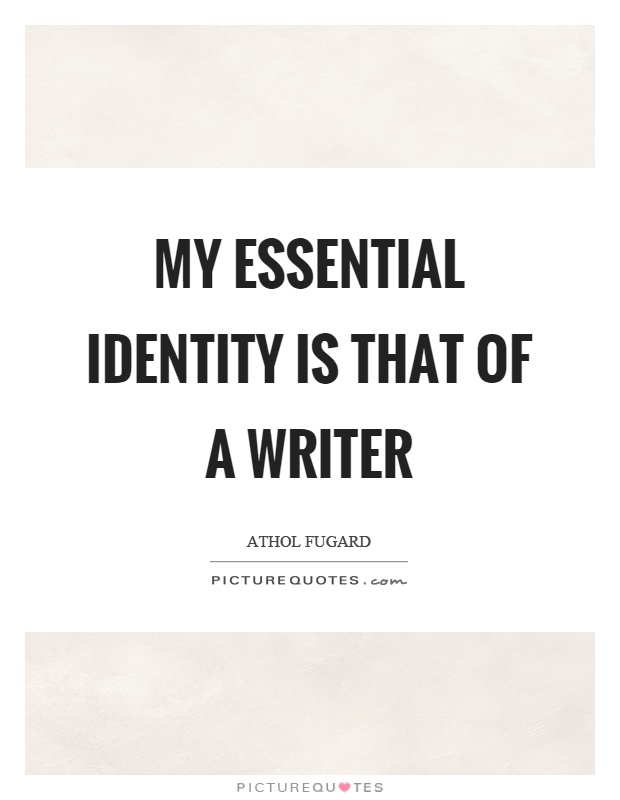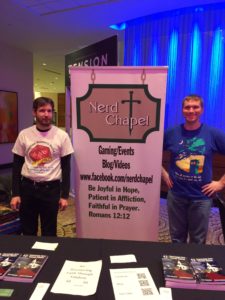 Should I even apologize for neglecting to blog? It’s becoming a bad habit. Sorry, True Believers!
Should I even apologize for neglecting to blog? It’s becoming a bad habit. Sorry, True Believers!
Part of the reason for my absence lately is my increasing busyness. I’ve written often about time management, and while some of my busyness is my own doing, much of it lately has been thrust upon me by outside forces. Most notably, my “day job.” Whenever people quit or are unavailable—as has been happening recently—it invariably throws more responsibility on me because I’m competent, reliable, and available. It’s supposed to be a part-time job, but I’ve been getting full-time hours (which has led me to call it “my part-time full-time job”). This has eaten into my writing time like Pac-Man would an apple.
I’m not happy at my day job.
There, I said it.
I took this job thinking it would be temporary and would allow me time to pursue my true passions. While I’m grateful to have the steady income and enjoy (most of) my co-workers, I feel like I’m not doing what God created me to do. When I have to work long hours and lose writing time, I feel this most potently. I get annoyed when people see me not as a writer, an author, an artist, and/or a creator but as my day job. I don’t care if it’s, unfortunately, where the majority of my time is going. It does not define me. It is not what I want to be doing. If I had my way, I’d be living like most of the great writers, who spend eight hours a day working away on their craft.
 As you would expect, I’ve been reflecting on my identity. I think of myself as a writer. That’s what I tell people I do for a living. Yes, I add that I’m working a part-time day job until I can write full-time, but writing is always mentioned first and foremost. That’s why I hate when I have weeks (or months) where the day job consumes more of my time. I start to feel like I’m lying to people. Most of all, I fear complacency will seize me, and I’ll stop writing, resigned to the humdrum of my daily labor.
As you would expect, I’ve been reflecting on my identity. I think of myself as a writer. That’s what I tell people I do for a living. Yes, I add that I’m working a part-time day job until I can write full-time, but writing is always mentioned first and foremost. That’s why I hate when I have weeks (or months) where the day job consumes more of my time. I start to feel like I’m lying to people. Most of all, I fear complacency will seize me, and I’ll stop writing, resigned to the humdrum of my daily labor.
However, in order to have a healthy identity, I believe, one must have a multifaceted one. I’m not just a writer. I want that to be a bigger part of me (and I do believe it is already a big part), but it isn’t all of my identity. Lisa Edelstein said in the movie Keeping the Faith, “I am many things, no one thing defines me.” (FYI, I found that quotation with a Google search. I’ve not seen the movie). I’m also a Christian, a man, a brother, a son, a conservative, a gamer, and a ballroom dancer, among many others. By having so many smaller identities within my larger one, it prevents me from becoming totally dependent on any one of them for my self-worth. I could, God forbid, be in a car accident tomorrow that damages my hands or my brain, thereby robbing me of the ability to write. It would be devastating, but hopefully once the dust of grief settled, I’d have other things to fall back on to form a new identity.
In the meantime, I’m gonna keep fighting to preserve and protect my writing time!
What facets make up your identity? Are you too dependent on one or two? If you’re a writer, what else are you? How would you cope with losing part of identity?

